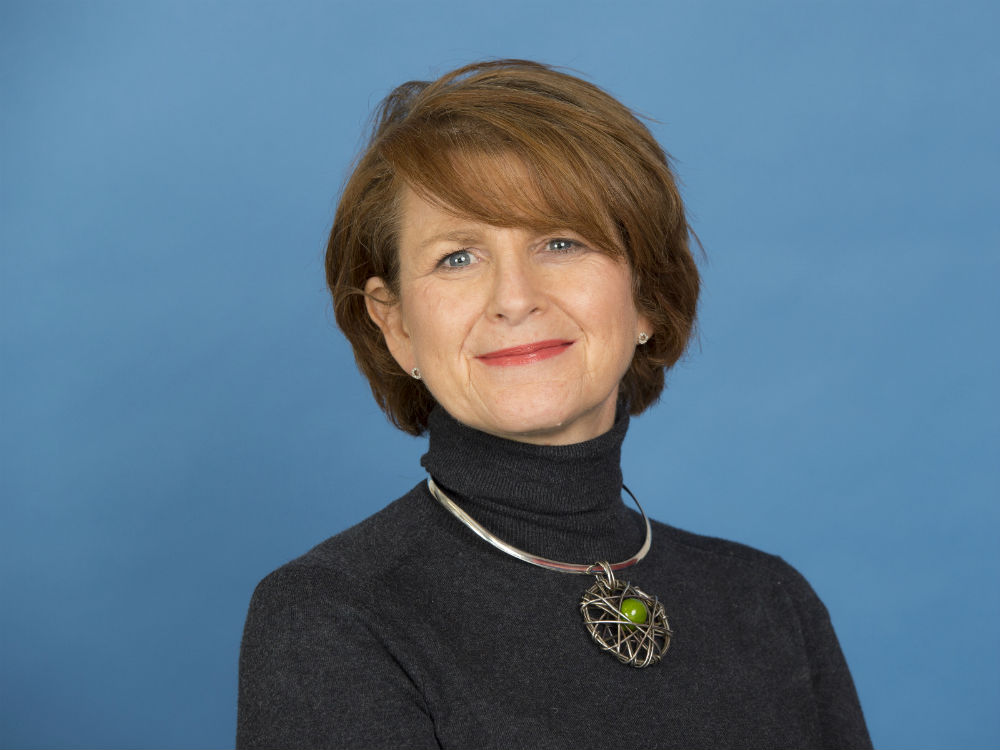SCOTLAND will next week host a major conference aimed at changing lives by strengthening links between public health and law enforcement services.
Around 500 delegates from all over the world will gather at the Edinburgh International Conference Centre for the three-day event, geared to promoting collaboration between frontline services, academics, policy makers and people with lived experience in tackling shared challenges.
Police Scotland chief constable Iain Livingstone and Chair of NHS Health Scotland and Scottish Police Authority board member David Crichton will attend Monday’s opening session for a summit which will feature the latest research and frontline perspectives on key issues like mental health distress, childhood trauma, drug use, violence and harm reduction.

The Fifth International Conference on Law Enforcement & Public Health (LEPH), hosted by Edinburgh Napier University, will be preceded by pre-conference events focusing on mental health in emergency departments, gender in public health and safety, collaborations among prosecutors and policy leaders, law enforcement and HIV, and global PhD research.
Inga Heyman, LEPH conference chair and lecturer in Edinburgh Napier’s School of Health & Social Care, said: “Policing and public health have traditionally been viewed as separate entities. However, the two are intertwined, with police officers dealing with many of the groups in society who are supported by health professionals.
The Global Law Enforcement and Public Health Association was launched to promote research and good practice in common areas, and this week’s Edinburgh LEPH event is the fifth in a series of international conferences, following others in Melbourne, Amsterdam (twice) and Toronto.
Inga Heyman said: “The important contribution of police officers to public health initiatives can go unrecognised, and the importance of health practitioners in crime prevention, for instance in drug treatment and harm minimisation interventions, is similarly underestimated.
“The overarching theme of this conference is to build on research and collaborative leadership, with the ultimate aim of bringing about real change to people’s lives. The international conferences have got bigger with each event, with prosecution services now represented here in Edinburgh as delegates for the first time.”
Edinburgh Napier, which is developing a Scottish Centre for Law Enforcement and Public Health, will showcase its research across a number of key areas at the conference.
Presenters will speak about their work on LEPH (Nadine Dougall, Jennifer Murray, Andrew Wooff), policing (Liz Aston) mental health rights (Jill Stavert), and the role of higher education in supporting police officer development (Larissa Engelmann).
Police Scotland Assistant Chief Constable Angela McLaren said: “This conference is a valuable opportunity for colleagues, stakeholders and partners to come together to share experiences and give consideration to adopting best practice to ensure people in Scotland, and around the world, receive the best possible service from both law enforcement organisations and public health partners.
Justice Secretary Humza Yousaf said: “The Scottish Government is already promoting a multiagency collaborative approach, involving Police Scotland, the ambulance service and health and social care, to help support individuals in distress through a variety of pilot projects.”
